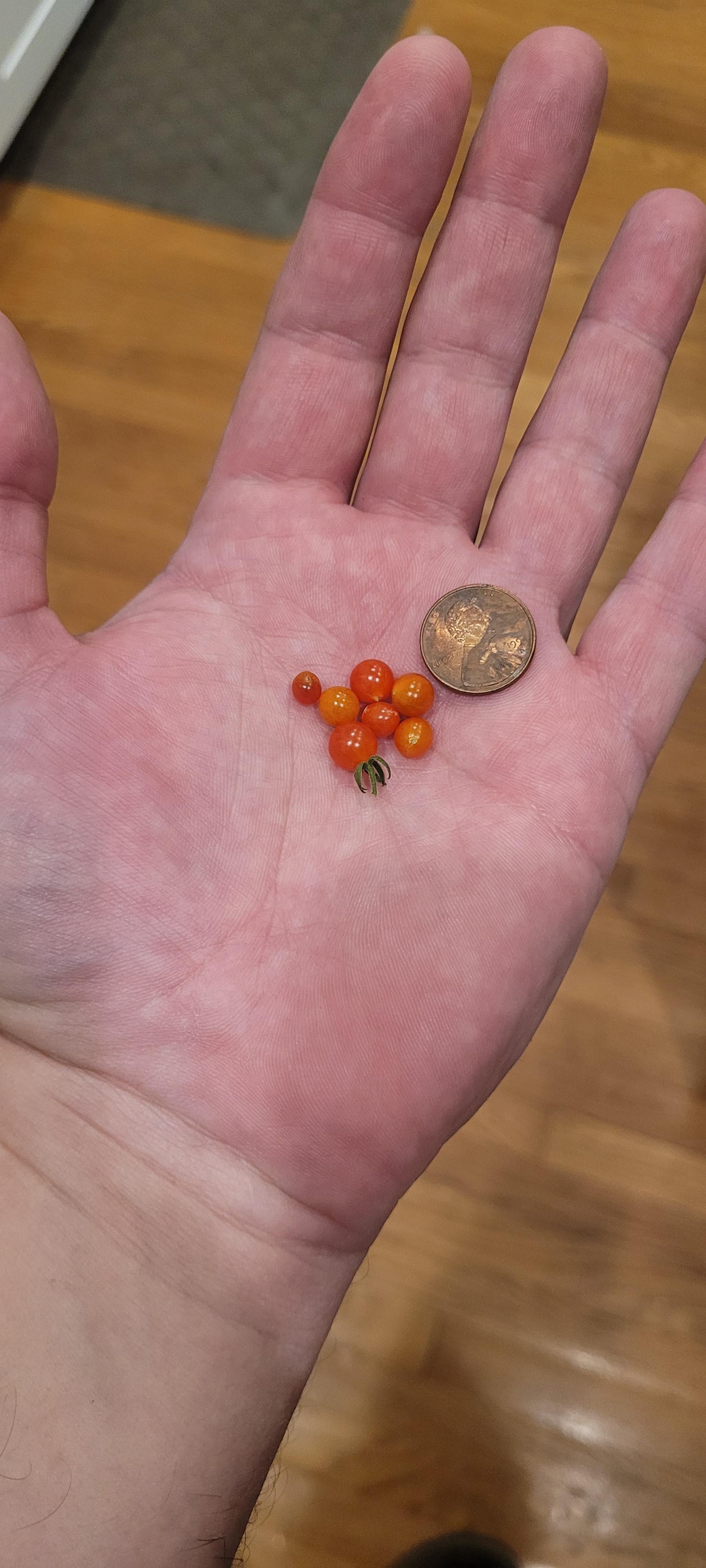[ad_1]

The content discusses the discovery of a small, previously unknown species of microbe in marine sediment samples. The microbe, named Candidatus Malonautus virus, is one of the smallest ever found, measuring only 9 nanometers in diameter. It belongs to the group of giant viruses, which are known for their large genome sizes. The discovery was made using a combination of imaging techniques and genetic analysis.
The researchers believe that this tiny virus may have evolved to specifically target other microbes in its environment. They speculate that its small size may allow it to enter host cells more easily and quickly replicate within them. The study also found that Ca. Malonautus virus lacks some genes typically found in large viruses, supporting the idea that it may have a unique infection strategy.
The discovery of Ca. Malonautus virus highlights the diversity of tiny organisms that exist in the marine environment, and how little we know about them. The researchers hope that further study of this virus and others like it will provide insights into their evolutionary history and ecological roles. Overall, this finding adds to our understanding of the complexity and diversity of microbial life in the ocean.
